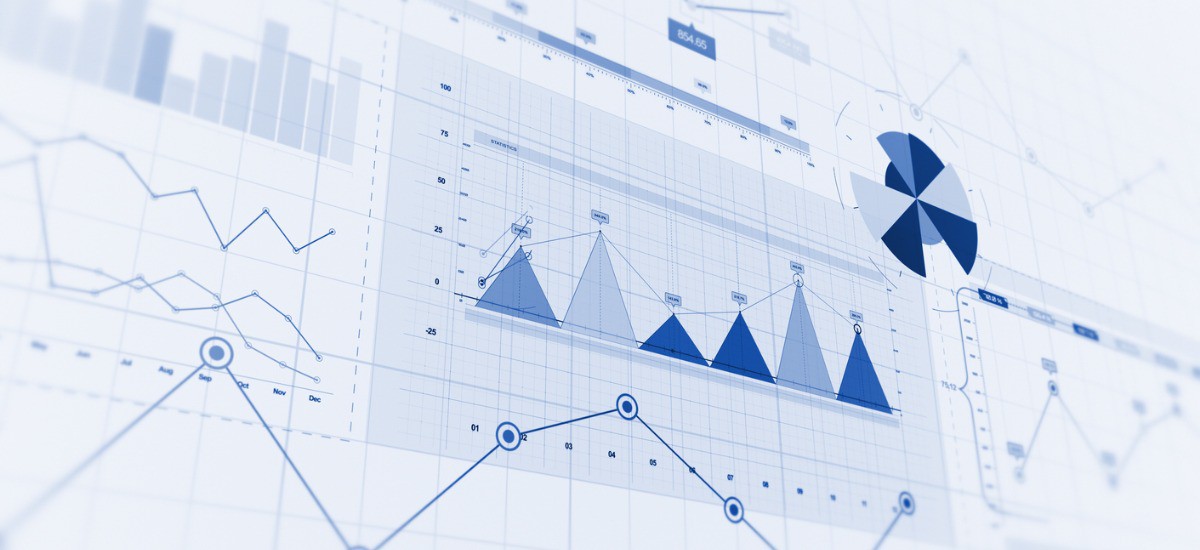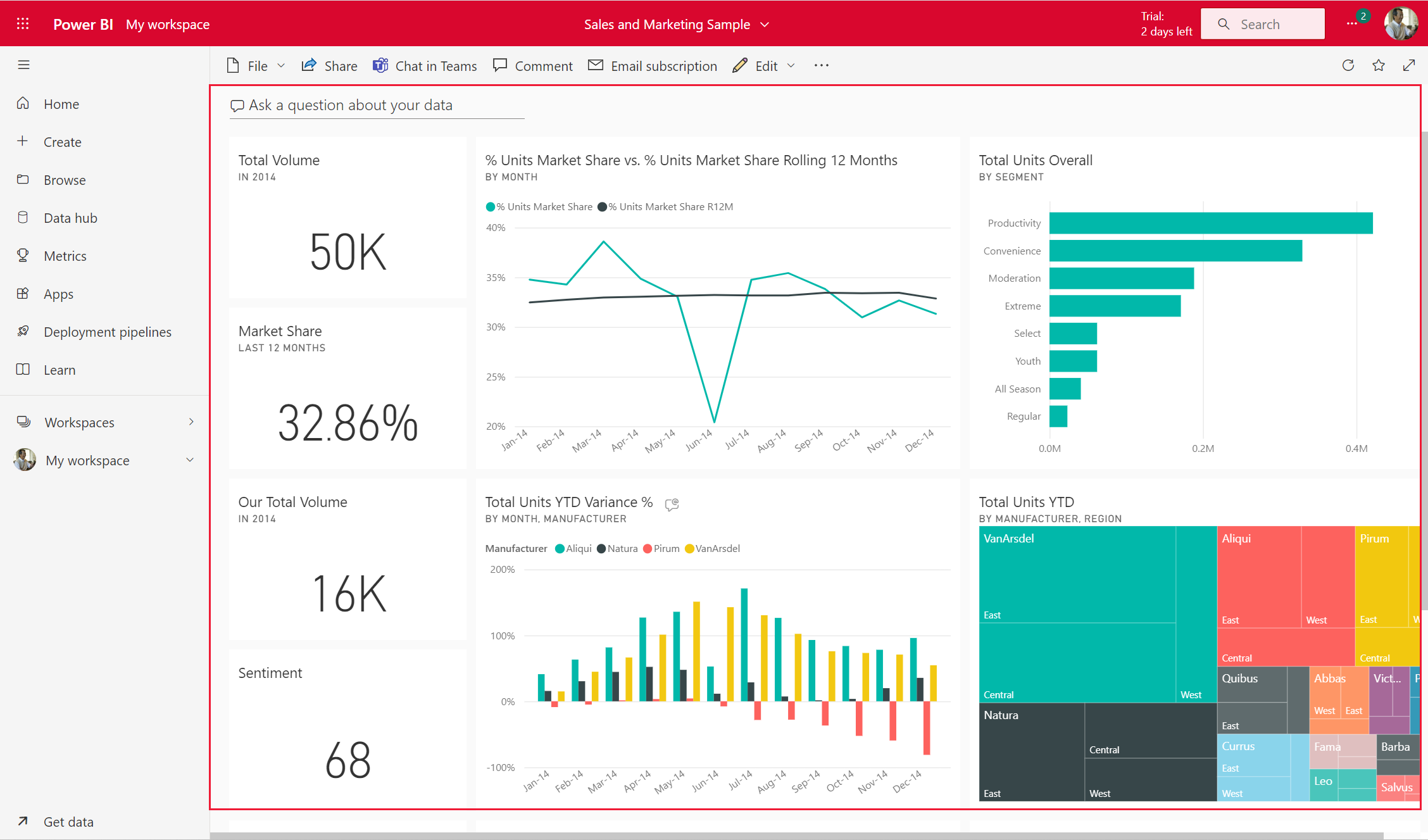Data Analysis
Statistical Thinking – An Essential Life Skill in the Age of Big Data
Statistical thinking is becoming increasingly important in today’s data-driven world. With the explosion of data in the digital age, knowledge about statistics allows us to make better sense of the world around us. From government policies to marketing campaigns, statistical thinking enables professionals across many fields to make data-based decisions.
The lack of statistical knowledge among the population
In 2003, the British government conducted a survey on the numeracy skills of the community. The results showed that up to 47% of adults lacked basic numeracy skills, such as calculating percentages and decimals. This figure shocked and worried many people. However, for Mr. Alan Smith, a speaker at the TEDxExeter conference, this was an opportunity for people to realize the importance of statistics.
Statistics are not just for scientists
According to Mr. Smith, statistics are not just for scientists. Basic statistical knowledge will help people gain deeper insight into society and the community. Statistics provide an understanding of human beings – of ourselves as well as those around us.
For example, the British often overestimate the proportion of Muslims in their community. Meanwhile, statistics show that the Muslim population in the UK is only about 5%, much lower than the average estimate of 24% by the public.
Using statistics in life to avoid misunderstanding
It can be seen that each of us has misconceptions about statistics. Therefore, Mr. Smith encourages people to learn about and experience statistics in daily life to have a more correct view.
Instead of just seeing statistics as dry numbers, consider them as “slices” that can help us better understand ourselves and the community. When applying statistical knowledge to life, we can avoid misunderstandings and make decisions based on accurate facts.

Applying statistics in data analysis work
In addition to its value in life, statistical knowledge is extremely important in work, especially for those in data analysis. Statistical thinking will help us analyze and solve problems more scientifically and effectively.

For example, when researching customer behavior on an e-commerce app, data analysts will apply statistical techniques to fully understand the problem. They will consider data types (quantity or percentage), descriptive statistical parameters (mean, variance, correlation), analyze data distribution through charts, and hypothesis testing.
From there, they can make recommendations and solutions based on data in a specific and persuasive way. Thanks to that, businesses can improve customer experience and increase business efficiency.
Statistical knowledge that needs to be mastered
So what knowledge do we need to master to have good statistical thinking? Here are some essential skills:
- Understand data types: qualitative (classification) and quantitative (numbers) data. Know how to represent data appropriately with charts. Read more: Data Fundamentals
- Master descriptive statistical parameters: central tendency (mean, median), dispersion (variance, standard deviation), correlation.
- Understand probability theory, hypothesis testing to assess statistical significance. Use tools like Excel, SPSS software.
- Grasp representative sampling techniques, avoid biases.
- Know how to build regression models for forecasting trends and decision making.

In summary, whether to gain a deeper understanding of life or to improve work efficiency, statistical and probability knowledge is becoming increasingly important to each of us. Let’s learn about and equip ourselves with the necessary analytical and statistical skills. This will help us make better and more successful decisions in today’s data age.


